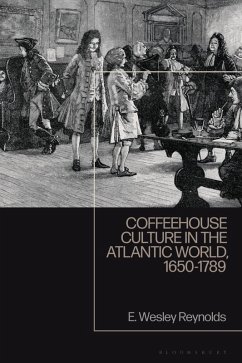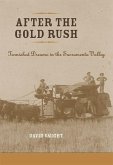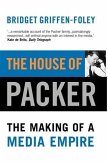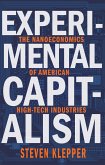This book argues that coffeehouses and the coffee trade were central to the making of the Atlantic world in the century leading up to the American Revolution. Fostering international finance and commerce, spreading transatlantic news, building military might, determining political fortunes and promoting status and consumption, coffeehouses created a web of social networks stretching from Britain to its colonies in North America.
As polite alternatives to taverns, coffeehouses have been hailed as 'penny universities'; a place for political discussion by the educated and elite. Reynolds shows that they were much more than this. Coffeehouse Culture in the Atlantic World 1650-1789, reveals that they simultaneously created a network for marine insurance and naval protection, led to calls for a free press, built tension between trade lobbyists and the East India Company, and raised questions about gender, respectability and the polite middling class. It demonstrates how coffeehouses served to create transatlantic connections between metropole Britain and her North American colonies and played an important role in the revolution and protest movements that followed.
As polite alternatives to taverns, coffeehouses have been hailed as 'penny universities'; a place for political discussion by the educated and elite. Reynolds shows that they were much more than this. Coffeehouse Culture in the Atlantic World 1650-1789, reveals that they simultaneously created a network for marine insurance and naval protection, led to calls for a free press, built tension between trade lobbyists and the East India Company, and raised questions about gender, respectability and the polite middling class. It demonstrates how coffeehouses served to create transatlantic connections between metropole Britain and her North American colonies and played an important role in the revolution and protest movements that followed.









